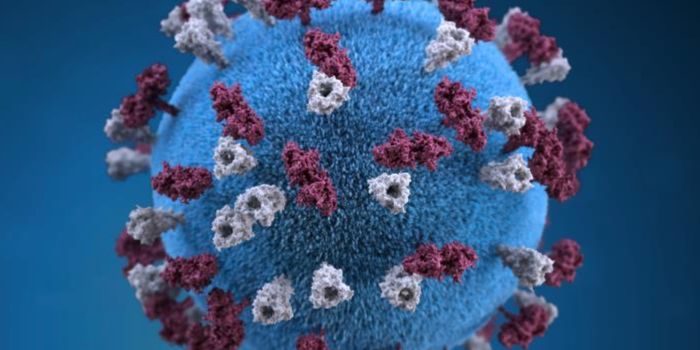Videos
Tiny Blue Bubbles Capture CO2
MAR 16, 2015 12:00 PM PDT
Share
East London genome project to track down beneficial genes
 Study to sequence genes of 100,000 people from Pakistani and Bangladeshi communities to identify genes resilient to heart disease, diabetes and cancer
Study to sequence genes of 100,000 people from Pakistani and Bangladeshi communities to identify genes resilient to heart disease, diabetes and cancerScientists are planning to sequence the genes of 100,000 south Asian people in London, in an ambitious project to track down rare beneficial genes that protect against conditions from heart disease to cancer.
The Pakistani and Bangladeshi communities in London have among the highest rates of poor health in Britain, with twice the average number of deaths from heart disease and five times the rate of type 2 diabetes. But within this population, scientists predict, there will be people who are unexpectedly healthy, whose genes could be conferring extreme resilience to disease.
Powerful protective genes will be easier to track down in the Bangladeshi and Pakistani population, according to the scientists, due to the relatively high levels of cousin marriage in these groups. Having parents who are related makes it more likely that a person will carry two copies of a rare gene, rather than one, making the effects more pronounced.
About 10% of people with Bangladeshi heritage have closely related parents and about 30-40% of those with a Pakistani background.
The scientists hope that the study, called East London Genes and Health, will help break taboos of discussing cultural trends such as marriages between cousins. "This is not about telling people who to marry," said David Van Heel, professor of genetics at Queen Mary University London, who is co-leading the project. "It's about improving the health of the future generation."
In the quest to find beneficial versions of genes, scientists are particularly interested in so-called knockouts - mutations that block a gene from working completely. Knockout genes have been traditionally thought of as harmful, but there is growing evidence that it can sometimes help when a gene stops working altogether.
Richard Trembath, professor of Medical Genetics, Queen Mary University of London, said: "You'll see knockouts very rarely in the general population, but you'll see them more often in populations with greater parental relatedness so there's an opportunity for us to better understand them."
Source: theguardian.com
You May Also Like
Loading Comments...








